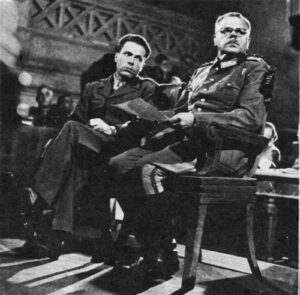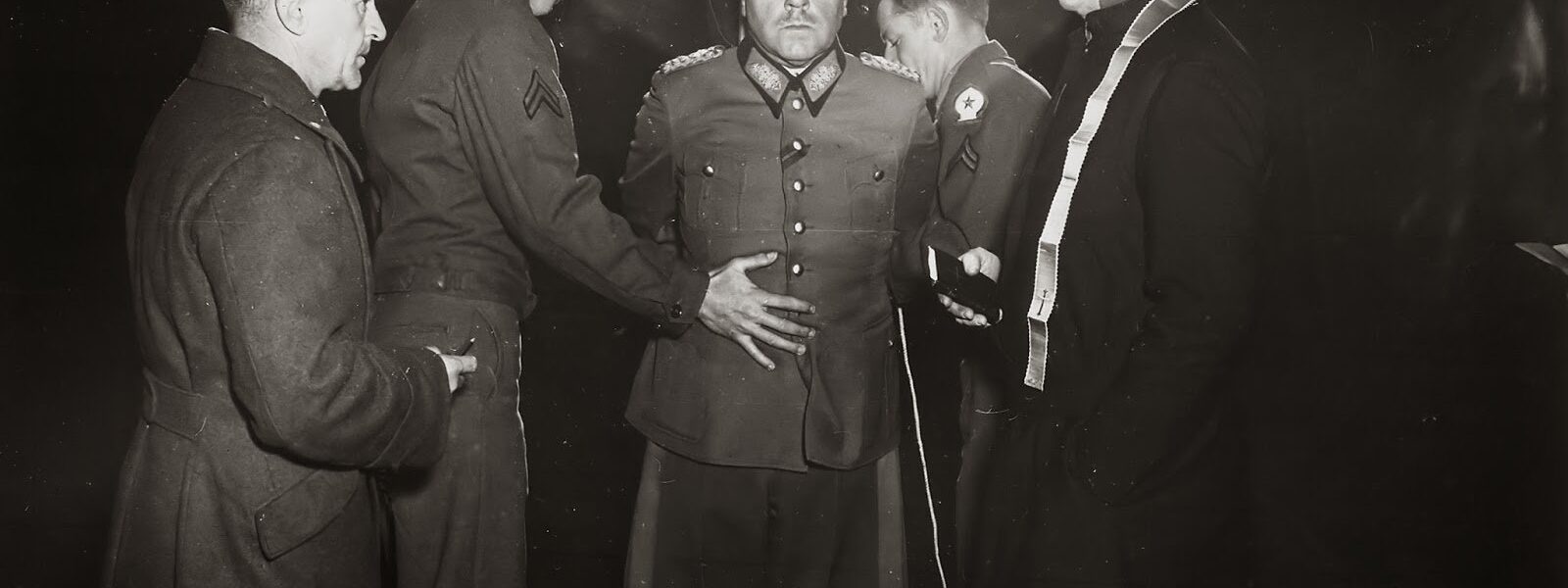General Anton Dostler of the Wehrmacht was taken into custody before the execution of a sentence in 1945

In 1945, at the end of World War II, numerous trials of high-ranking Axis military personnel took place. One of these cases was that of General Anton Dostler, a German Wehrmacht officer. The Dostler case is historically significant as it was one of the first cases in which a high-ranking German military officer was held accountable for war crimes by an Allied military tribunal.
Anton Dostler was charged in connection with the execution of fifteen captured American soldiers. These soldiers had been captured during a secret operation in Italy in 1944. After their capture, they were not treated as prisoners of war but were executed in violation of applicable international conventions. The military tribunal considered this a clear violation of international humanitarian law.
Dostler’s trial took place under the direction of American military authorities. He was accused of ordering the execution. His defense argued that he was merely following orders from higher up—an argument later further discussed at the Nuremberg Trials under the principle of “command emergency.”
However, the court clarified that obeying a patently illegal order was no justification for such an act. Anton Dostler was found guilty after due process, and the sentence was carried out in December 1945.
The Dostler case not only set a legal precedent, but also marked a turning point in international jurisprudence regarding individual responsibility in war. It was a precursor to the Nuremberg Trials and made it clear that even high-ranking military officers could not hide behind orders when it came to violations of international law.
Today, the case serves as an important example in the history of international law and is cited in numerous historical studies. Dostler’s conviction was part of the Allied efforts to restore justice after World War II and prevent future war crimes.




